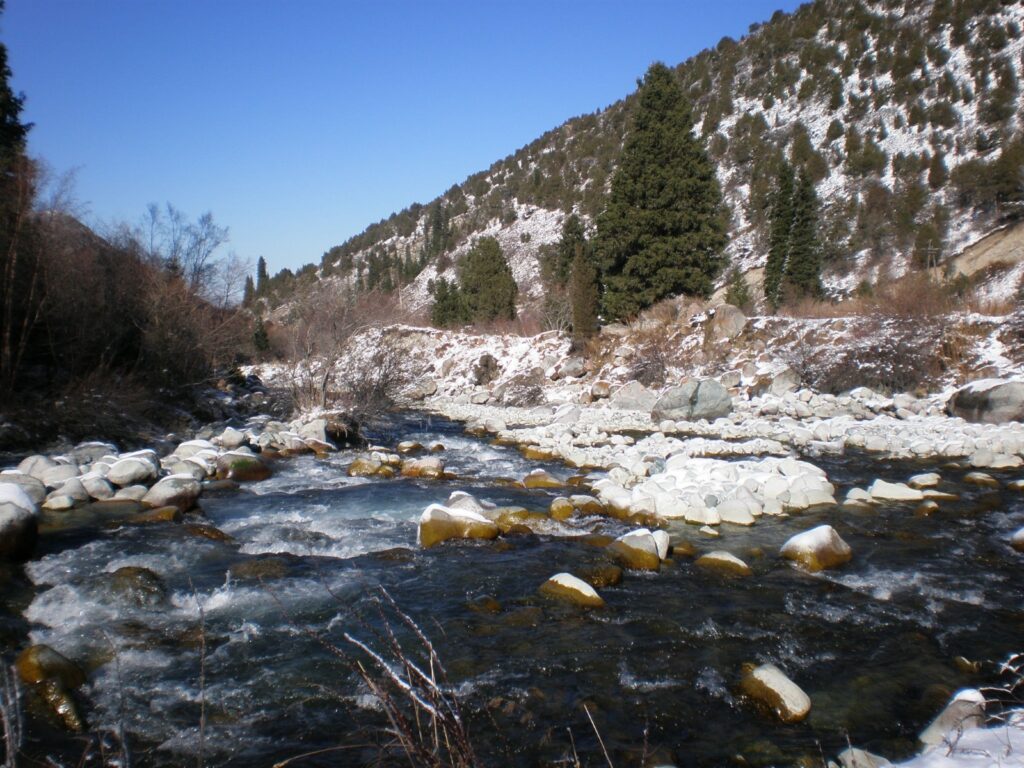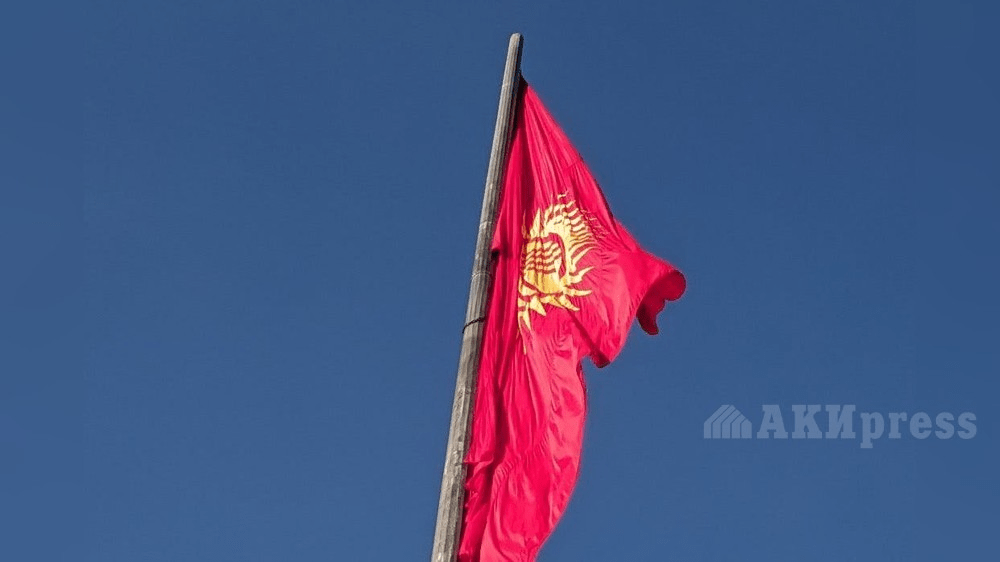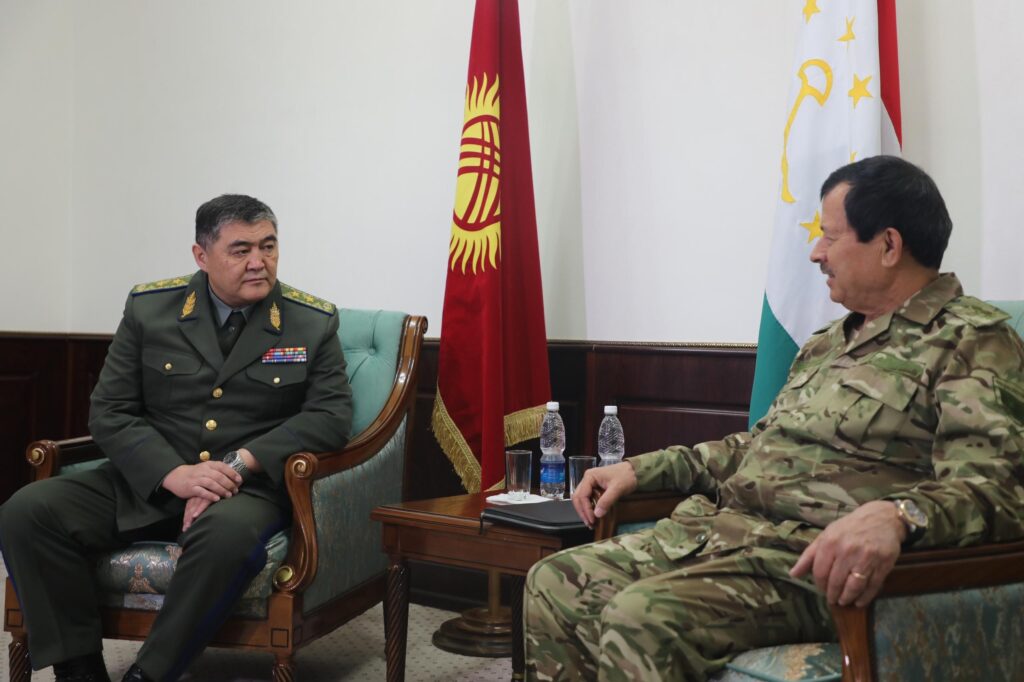UNDP Supports Kyrgyzstan in Biodiversity Conservation and Sustainable Ecosystem Management
The United Nations Development Program (UNDP) has helped Kyrgyzstan to conclude the biodiversity conservation project in Western Tian Shan, and is now launching a new initiative for the integrated management of valuable mountain ecosystems of Pamir-Alai. Speaking at an event marking the conclusion of the Western Tian Shan project, Alexandra Solovieva, UNDP Resident Representative in the Kyrgyz Republic, highlighted the achievements of the project, which supported the adoption of a landscape approach, advocating for a holistic ecosystem strategy in biodiversity and natural resource planning, management, and monitoring. The project’s key achievements included strengthening protected area management, implementing high conservation value forest concepts, flagship species monitoring, revising sector legislation, expanding local community rights and opportunities, and promoting environmental education initiatives, UNDP Kyrgyzstan reported on January 9th.[/vc_column_text][vc_single_image image="13449" img_size="full" el_class="scond-image" parallax_scroll="no" woodmart_inline="no"][vc_column_text woodmart_inline="no" text_larger="no"]The Western Tian Shan project focused on preserving globally significant biodiversity and the sustainable management of land and forest resources. A major achievement was the establishment of the Chatkal ecological corridor and the Kabak buffer zone, spanning 89,000 hectares, linking three protected areas - Alatai, Sary-Chelek, and Padysha-Ata - and facilitating natural wildlife migration. Recently adopted as the national symbol of the Kyrgyz Republic, the snow leopard, an ecosystem indicator species, plays a vital role in the health of entire ecosystems and in determining the well-being of its prey species. UNDP's conservation initiatives focus on preserving and increasing the snow leopard population, with recent data showing a population of 15 to 28 individuals in the Western Tian Shan mountains. Efforts to enhance conservation effectiveness include reducing ecosystem pressure through alternative income sources, local development, and expanding socioeconomic opportunities for residents near protected areas. The project supported income-generating initiatives in pilot villages of the Toktogul and Toguz-Toro districts, with a focus on expanding socio-economic opportunities for women and youth. "Our current country program aligns closely with national priorities, focusing on low-carbon sustainable development and reliable ecosystem preservation. UNDP will continue to support Kyrgyzstan in sustainable ecosystem management and biodiversity conservation,” stated Solovieva, adding that in January 2024, “we will launch the Pamir-Alai project, funded by the Global Environment Facility, reaffirming our dedication and partnership in preserving natural heritage and invaluable ecosystems."






